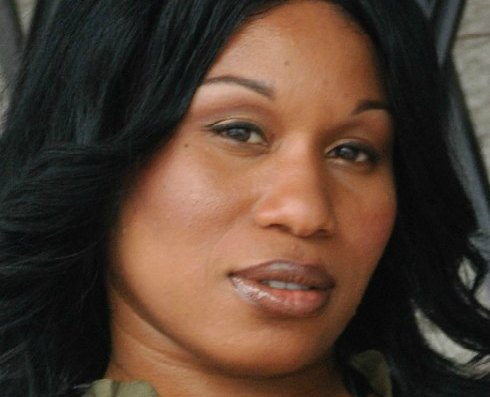
I am a Citizen Of Hip Hop. That bold declaration, which has developed into an international movement, has created buzz and touched off badly needed introspection. Over the centuries, citizenship has been elusive for people of color and a constant source of debate. What it means to be a citizen in American culture has evolved into a question of greater significance: What does it mean to be human?
During our early days on this soil, African-Americans were considered neither citizens nor humans. Eventually, we” graduated” to being counted as three-fifths of a person. A Civil War was fought because of competing views about slavery and, yes, the humanity of African-Americans. Actually, we were called Negroes at the time.
The 14th Amendment to the U.S. Constitution, adopted June 16, 1868, finally settled the question when it provided citizenship to African Americans and forbade any state from depriving Black people of their rights..
Even with a Black president in the White House, the notion of White superiority is not completely dead. And it is defended even at this late date by graduates from Ivy League institutions who should know better.
There is a strong link between those who survived slavery, the men and women who ushered in the modern day Civil Rights Movement and today’s Hip Hop culture.
In 1968, Dr. Martin Luther King Jr. led 1,300 mostly Black Memphis sanitation workers and their supporters in search of a fair wage and dignity. The demonstrators held up signs that read: I AM A MAN. The strikers turned Memphis upside down for 65 days, demanding their rights as citizens. In an interview in 2008 with National Public Radio, Michael Honey, the author of Going Down Jericho Road: the Memphis Strike, Martin Luther King’s Last Campaign said, “It was about dignity for these sanitation workers and dignity for African Americans in a city that was tied to the old plantation system.”
The I AM A MAN movement was born through those actions in Memphis. Now, 45 years later, Hip Hop Citizens has picked up the theme and added its own twist. A Citizen Of Hip Hop movement is a demand both internally and externally to be freed from injustices done to ourselves and to others.
Because music transcends all artificial barriers, the Hip Hop movement is united not by ethnic or racial ties, but by life. Hip Hop is an international community that circles the globe from New York to Tokyo.
According to marketresearch.com, Hip Hop’s buying power before the Great Recession was projected to be in excess of $684 billion in 2012. Ironically, despite its unrivaled influence, Hip Hop has witnessed a marked decline in virtually all facets; from quality and content of the music to a lack of respect and knowledge of the culture itself. With all that we have accomplished over the past 38 years, have we done anything to safeguard our efforts and endeavors? Our lack of unity has divided and blinded our ability to recognize our vulnerabilities. If Hip Hop died today, have we protected our tomorrow?
Fortunately, The Hip Hop Union has forged a coalition of individuals called ‘Hip Hop Citizens’ who believe their collective interest is greater than their individual one. They have pledged to act together to secure specific economic benefits, rights and respect for the Hip Hop Nation. They understand that their voices can direct the outcome of many important and diverse issues.
Citizenship is a bond. In the American sense, it is an obligation: a birthright, given to those that are born into the American nation. Americans must serve and protect their country at all costs. The decision to join movements on the other hand, is voluntary. The decision usually comes with the acknowledgement of a common interest.
The Hip Hop Union connects peoples interests and provides an arena for dialogue in which each citizen stands on a level ground. The platinum pedestals of the past have been chopped away. We have birthed educators, business owners, politicians, psychologist, doctors, lawyers, computer technicians, architects… all in tune with Hip Hop.
We must learn to work together for the greater good of humanity. The world watches us, we must stand up and hold ourselves accountable for the world. In tumultuous times, it is us who have the never die spirit, the innovative designs and blueprint for the future. We have to get out of our own way to free the inner genius that Hip Hop has helped us all define. We know what to do, let’s just do it.
Jineea Butler, founder of the Social Services of Hip Hop and the Hip Hop Union, can be reached at jineea@gmail.com or Tweet her at @flygirlladyjay
